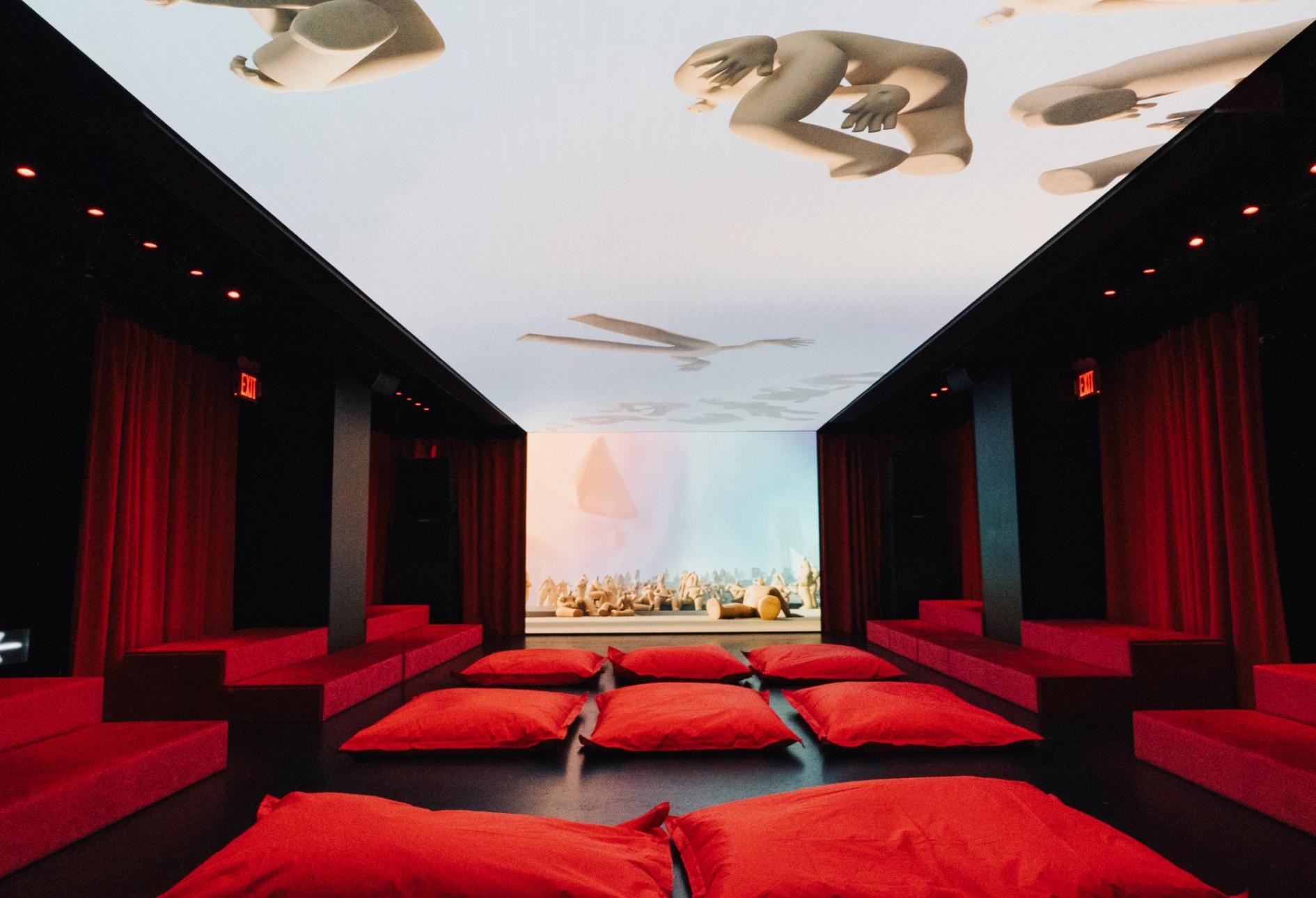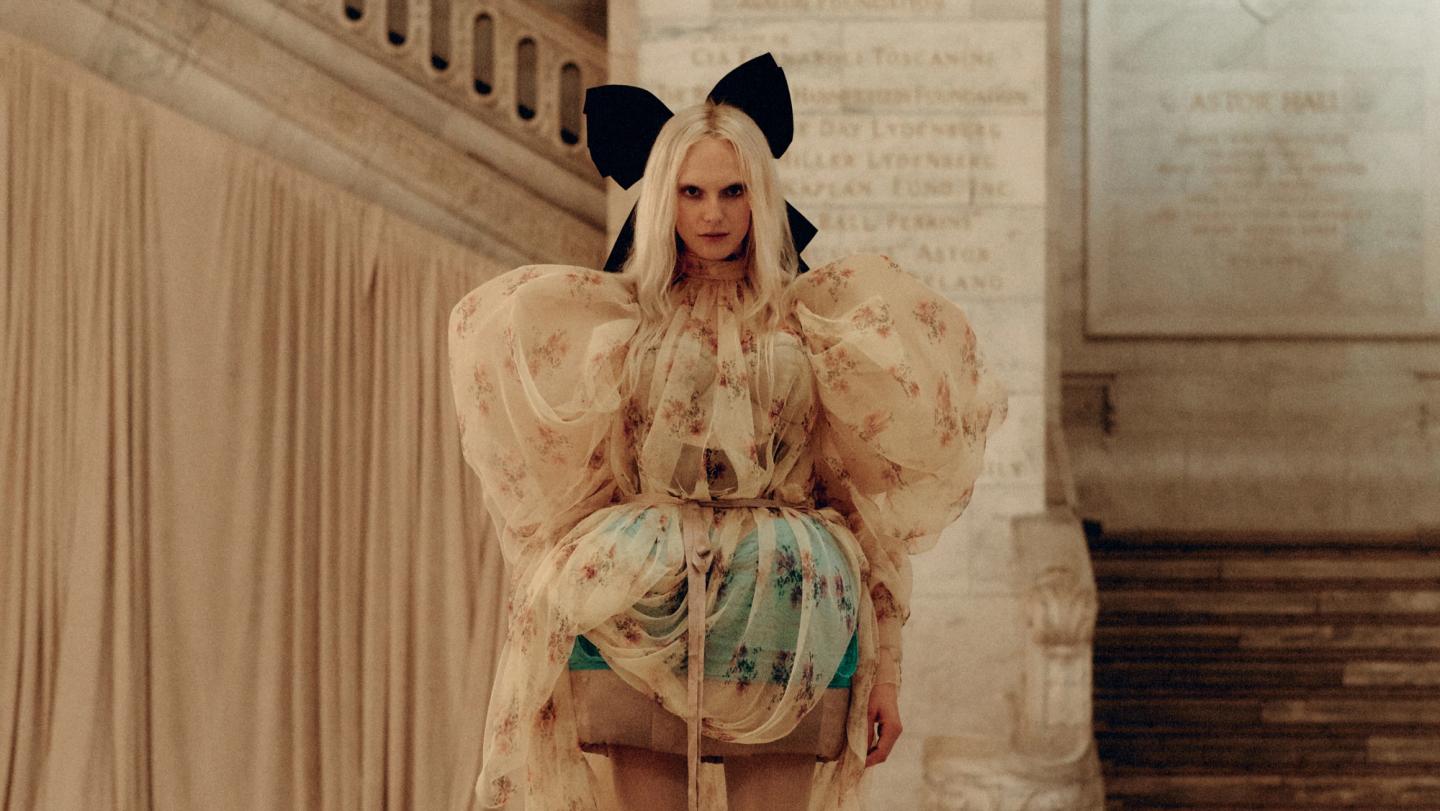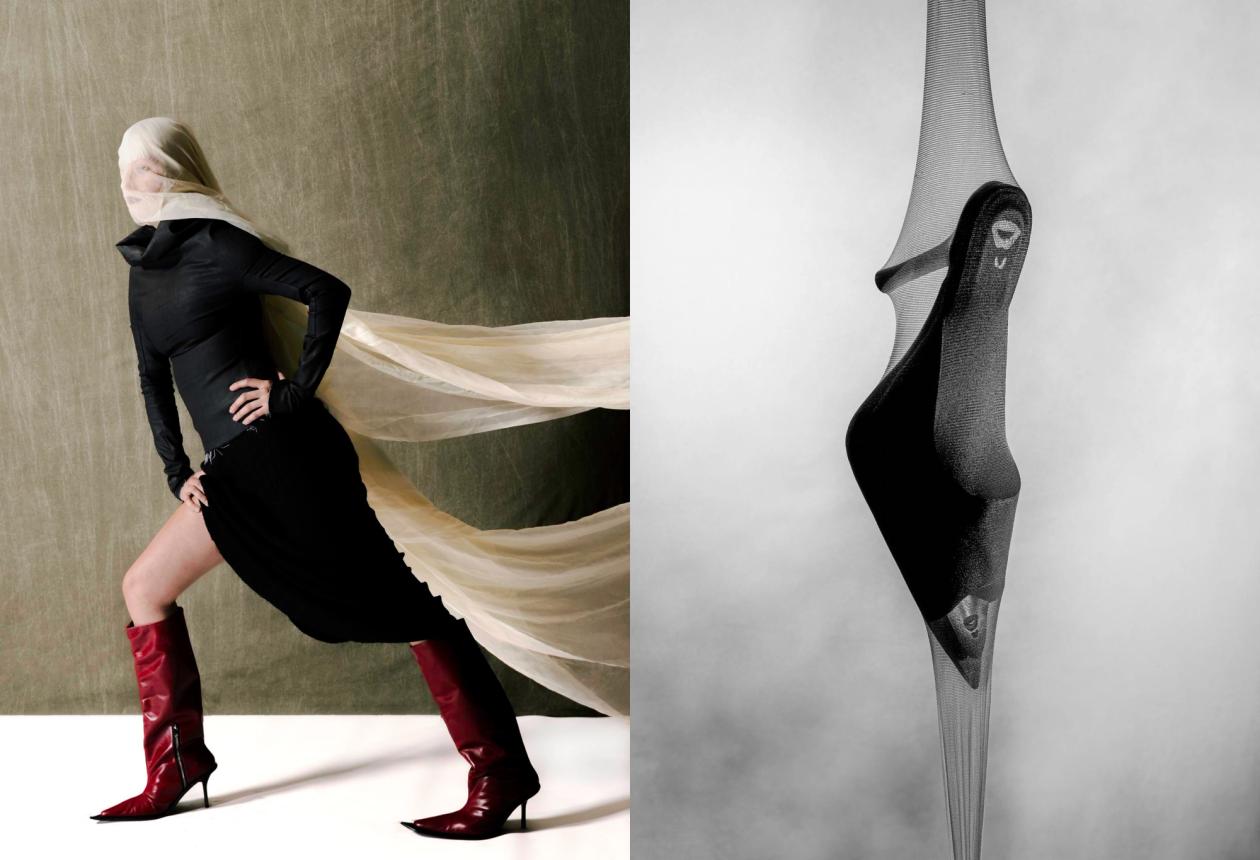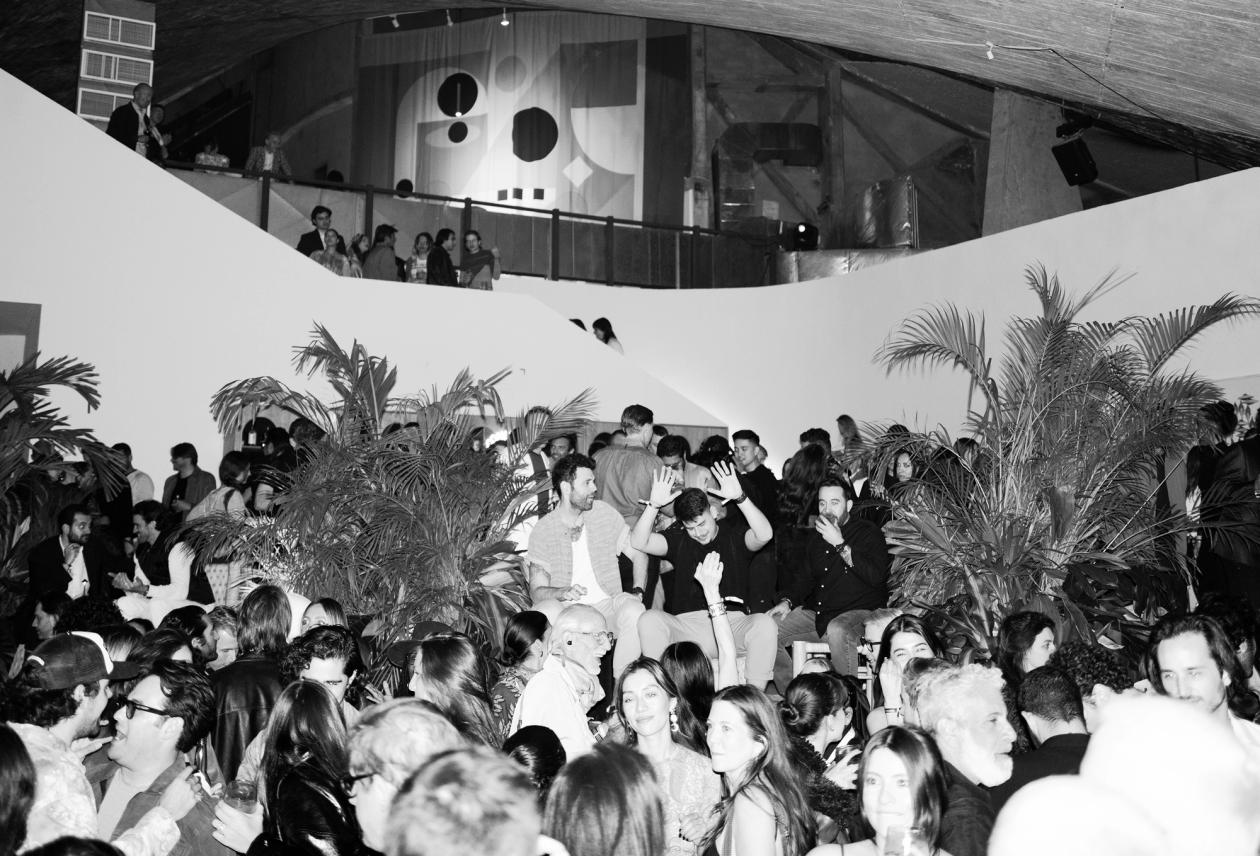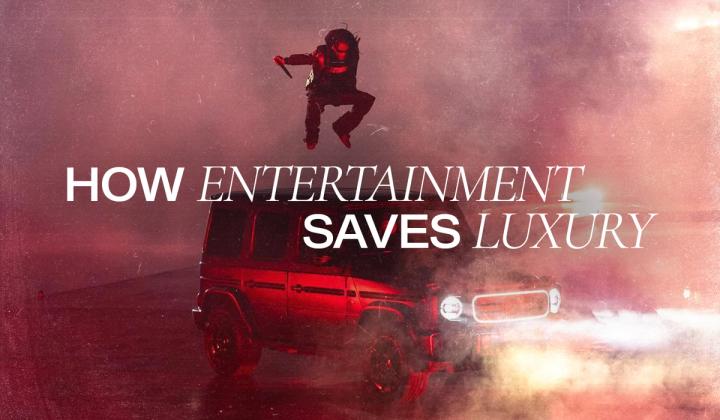
In a world where knowing trumps owning and experiences are the new product, the allure of exclusivity is fading. The future of luxury is in the hands of those who entertain.
Matte OpEd
Luxury
Culture
Date
6/25/2024
Text
Alex Kropp
Links
Struggling to keep the dream alive
Luxury brands are having a hard time staying special. As Eugene Rabkin noted in BoF, “prices are up, quality is down and social media has made it plain for all to see. In a slowing market, that’s not a great place to be.”
Traditionally, luxury brands thrived on the exclusivity of ownership. But the next generation of consumers is priced out – they aren’t buying into luxury because they can’t. Offering lower-priced, entry-level items like small leather goods is no longer good enough – nobody needs another wallet that screams “too broke to buy a real piece.”
There’s a lot of talk about the death of the brand and product excellence becoming paramount again. Might be, but why is everybody going crazy about dupes? According to research by EUIPO, “a third of Europeans believe that it is acceptable to buy counterfeit products when the price of the genuine product is too high,” a proportion that rises to 50% among younger people.
Look at the recent rise of perfume dupe factories. Next-gen consumers still desire the luxurious experience of high-end fragrances but opt for affordable alternatives that capture the essence of luxury scents. While the appeal of luxury remains, the need to own the high-priced original is gone. Instead, consumers engage with the concept of luxury by knowing and experiencing it in more accessible ways. As Dazed Digital notes, “perfume dupes are democratizing luxury, making it possible for a broader audience to enjoy these scents without the hefty price tag.”
The luxury consumer’s mantra was ‘I can afford it,’ which signified status and wealth. But today’s consumers are driven by a different ethos. The next generation values knowledge over possession. ‘Knowing’ has become the new currency of social capital.
This ethos has been catalyzed by the near-ubiquity of entertainment, facilitated by streaming platforms and social media, where access to information is virtually free and accessible to anyone who can engage with it.
The democratization of knowledge and culture doesn’t mean that the allure of luxury—rooted in deep psychological needs for feelings of confidence, belonging, and superiority—is dead. It’s just no longer confined to the elite who can pay for it.
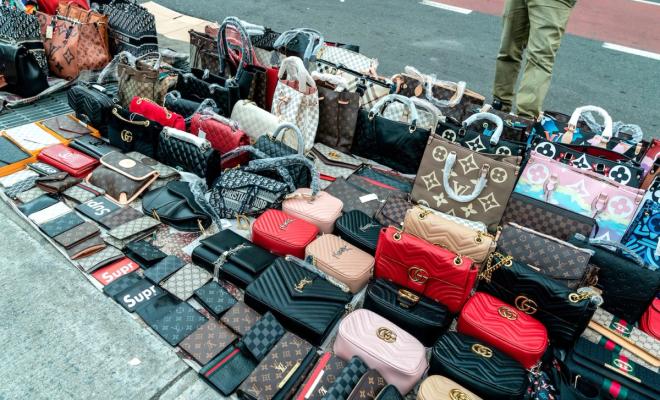
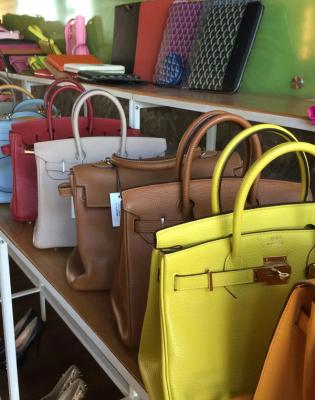
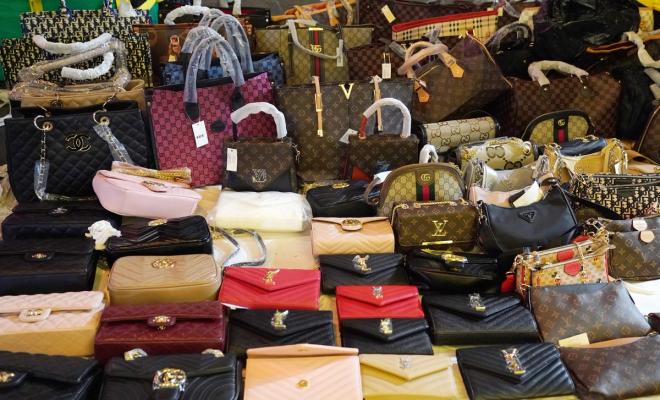
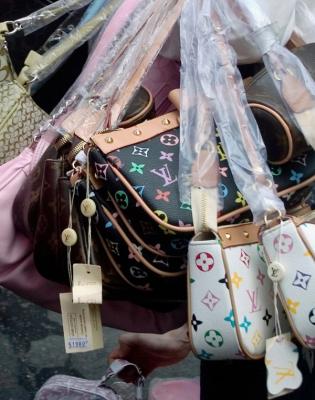
Artists create the most brand equity the fastest
Fans can engage with artists without having to invest money. Fans of artists say, “I was there,” rather than “I can afford this.” The distinction between fans and customers is crucial. Customers buy products. Fans buy into the narrative. They seek a sense of belonging and loyalty that transcends mere transactional relationships. Artists live off direct engagement—they create, respond, and evolve in reaction to their cultural environment. They aren’t selling a product; they are the product. That’s why they are creating the most brand equity the fastest. Their customers are fans. Fans amplify the brand’s message, creating a ripple effect that is worth more than a purchase.
Brock Korsan recently said to System Mag, “music is the best way to sell fashion” and it’s true. Why? Because music deepens the experiential aspect of fashion. It allows fashion to be heard, seen, and felt, thus elevating a simple garment to a symbol of a broader cultural experience. Clothing linked with artists, songs, and concert memories is bigger than material value and becomes an emotional token. This connection is more about the shared experience and less about the physical product.
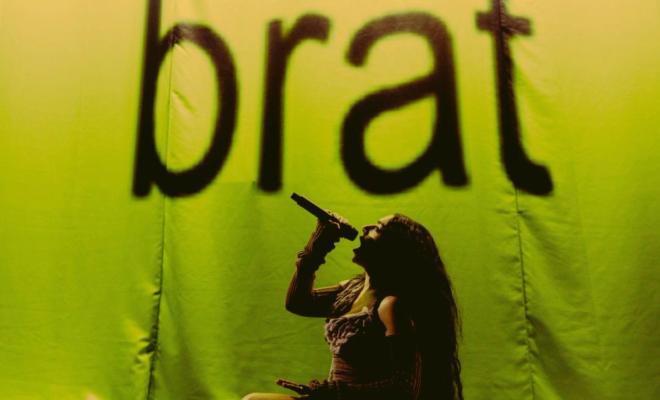
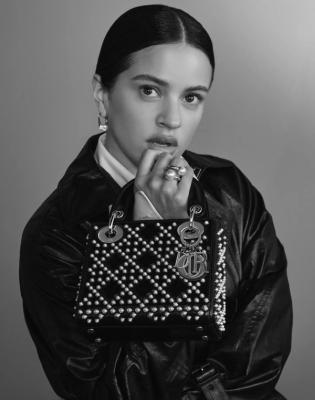
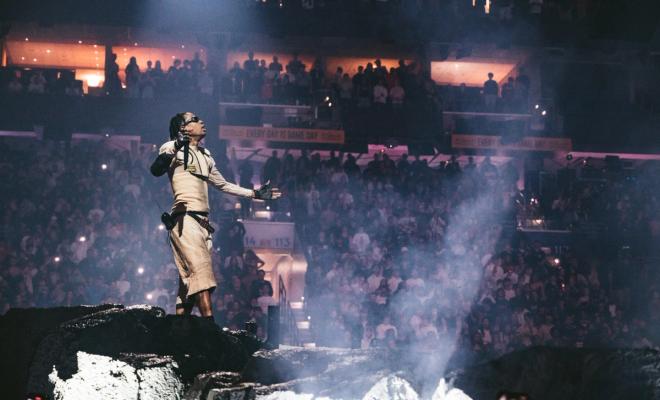

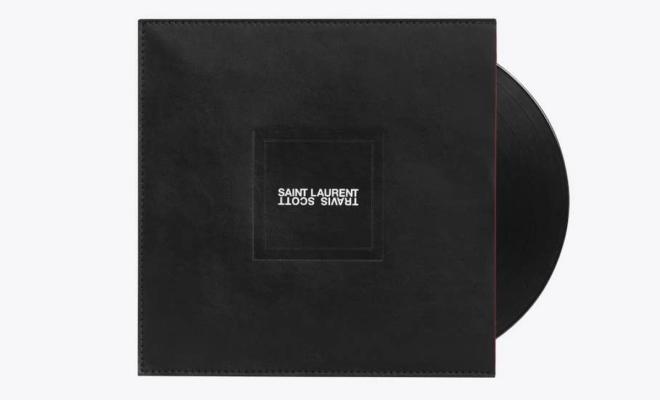
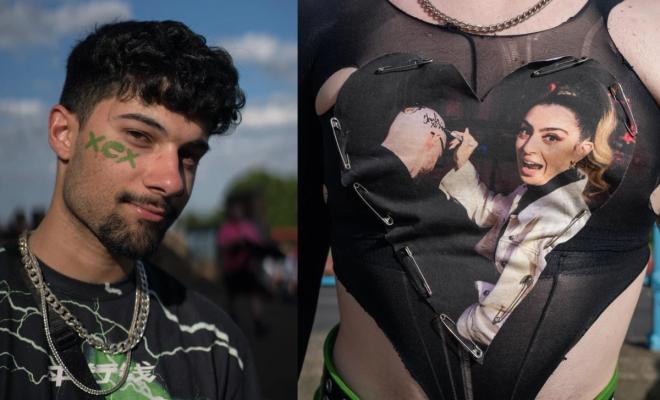
Experience is the product
Luxury brands are opening clubhouses, why? Villa Zegna and Palazzo Bottega are showing first signs of how luxury is changing the way it interacts with customers. Rather than showcasing products, these places create an emotional connection with the brand’s core values through experience. Selling becomes secondary. Yesterday, experiences were supplemental—events designed to enhance the perception of a product. Today, the experience is the product.
If experience is the product, the entertainment value of a brand is now its most critical asset. The new currency for brand equity. The primary intangible asset of the market, exclusivity, is no longer sufficient to add value to the luxury brand or to make it grow. Next-gen consumers are not inclined to accept high prices as the sole symbol of luxury. Luxury brands must educate consumers to regain their undisputed symbolic authority, the basis of price premium.
How do they do it? By being the most entertaining. Artists are a leverage factor to bring back to luxury brands what has been lost: novelty, engagement, and emotional connection.
The future belongs to those that entertain. As Sir John Hegarty aptly puts it, “If your work isn’t entertaining, then who cares?”


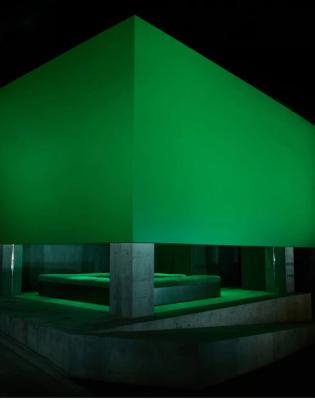

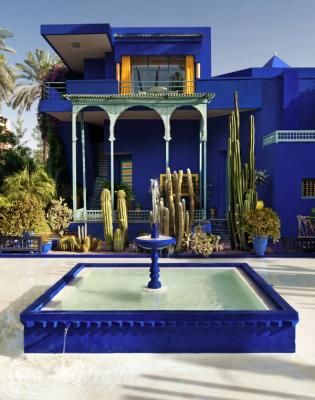

Recent Articles
